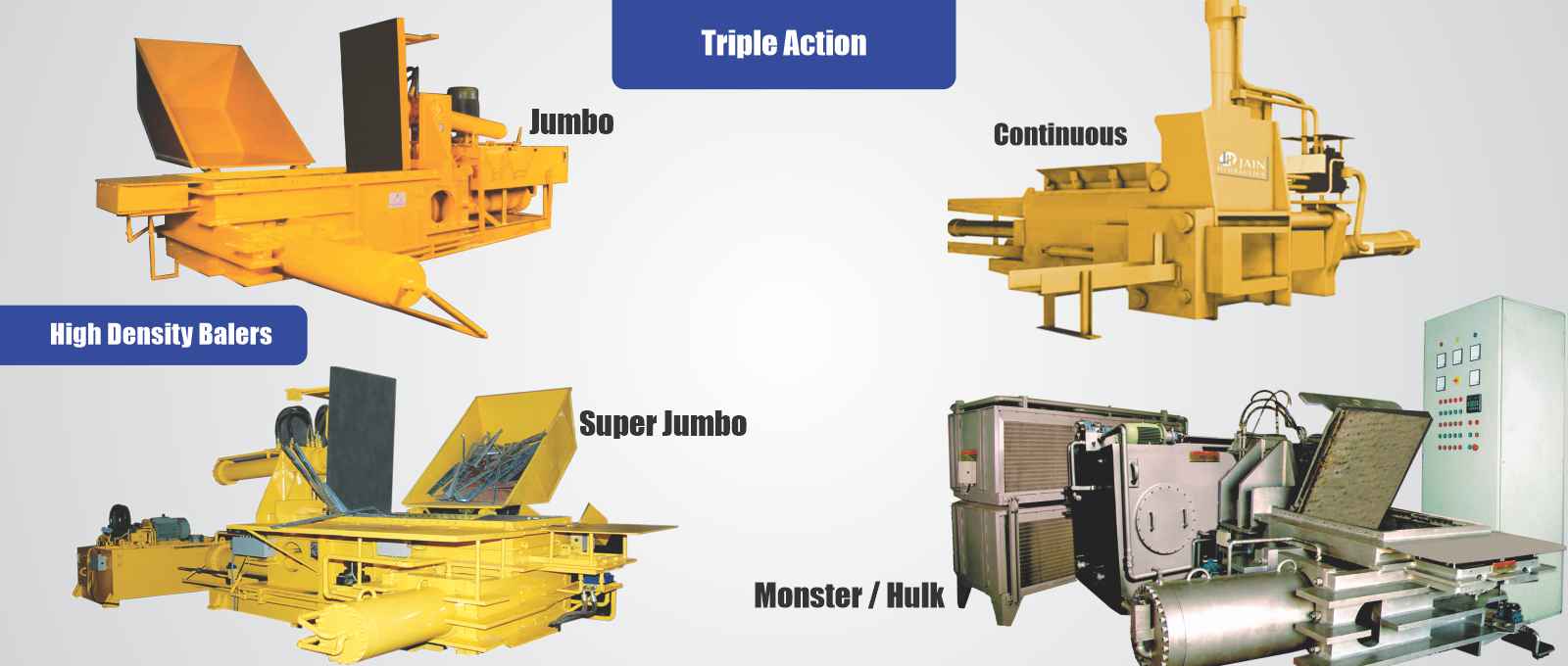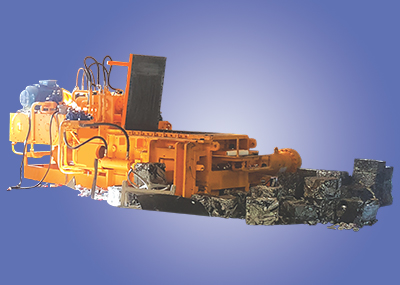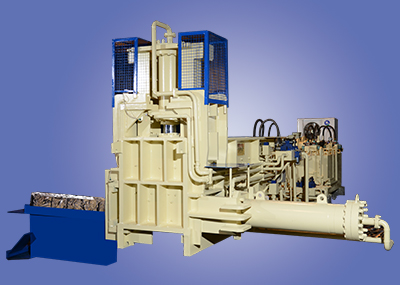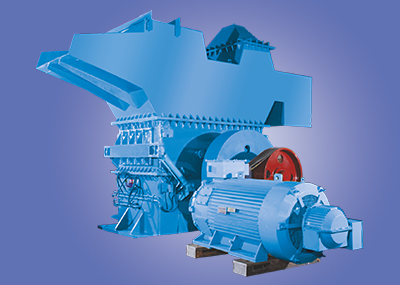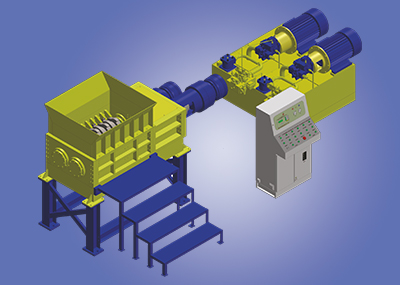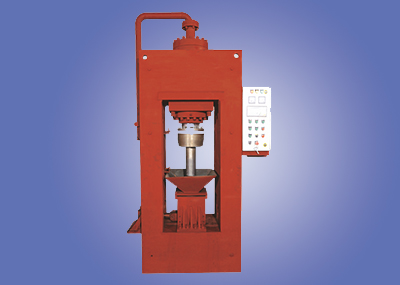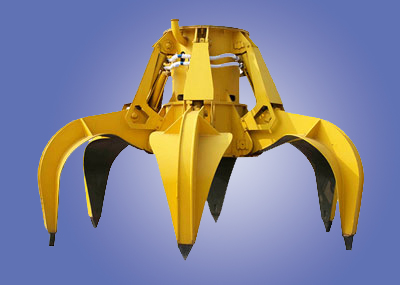In today’s industrial landscape, efficiency and sustainability are paramount considerations for businesses across various sectors. One often overlooked but highly impactful tool in achieving these objectives is the baling machine. These machines play a crucial role in waste management, recycling, and resource optimization, offering numerous benefits to businesses of all sizes. From reducing waste volume to generating additional revenue streams, here are some key advantages of integrating baling machines into your operations.
1. Waste Volume Reduction:
Baling machines are adept at compressing large volumes of materials such as cardboard, paper, plastic, and metal into compact bales. By significantly reducing the volume of waste, businesses can save valuable space and minimize the frequency of waste pickups. This not only lowers disposal costs but also contributes to a cleaner and more organized workspace.
2. Cost Savings:
Efficient waste management translates to cost savings for businesses. By compacting recyclable materials into bales, companies can reduce hauling and disposal expenses associated with transporting loose materials. Additionally, baling machines streamline handling processes, reducing labor costs and enhancing overall operational efficiency.
3. Environmental Sustainability:
In an era marked by growing environmental consciousness, businesses are under increasing pressure to minimize their ecological footprint. Baling machines facilitate recycling efforts by preparing materials for resale to recycling facilities. By diverting waste from landfills and promoting recycling, businesses can demonstrate their commitment to sustainability and corporate social responsibility.
4. Revenue Generation:
Baled recyclable materials have monetary value in the recycling market. By baling materials such as cardboard, paper, and plastics, businesses can generate additional revenue through the sale of these commodities to recycling facilities. This not only offsets waste management costs but also creates a new revenue stream for the organization.
5. Improved Workplace Safety:
Baling machines contribute to a safer work environment by reducing the risk of accidents and injuries associated with handling loose and bulky materials. By compacting materials into manageable bales, these machines minimize the need for manual handling and mitigate potential hazards related to material storage and transportation.
6. Regulatory Compliance:
In many industries, compliance with waste management regulations is mandatory. Baling machines enable businesses to meet regulatory requirements by facilitating proper waste handling, recycling, and disposal practices. By adhering to regulations, companies can avoid fines and penalties while fostering a positive reputation for environmental stewardship.
7. Versatility and Adaptability:
Baling machines come in various sizes and configurations to accommodate different types and volumes of materials. Whether dealing with cardboard in retail settings, plastic bottles in manufacturing facilities, or scrap metal in industrial environments, there is a baling solution suited to every need. Moreover, advancements in technology have led to the development of highly automated and customizable baling machines that can seamlessly integrate into existing operations.
In conclusion, baling machines offer a myriad of benefits to businesses seeking to enhance efficiency, reduce costs, and promote sustainability. By investing in these versatile and indispensable tools, companies can optimize their waste management processes, generate revenue from recyclable materials, and demonstrate their commitment to environmental responsibility. With the potential for significant cost savings, revenue generation, and improved operational safety, baling machines represent a valuable asset for businesses striving for excellence in today’s competitive landscape.


